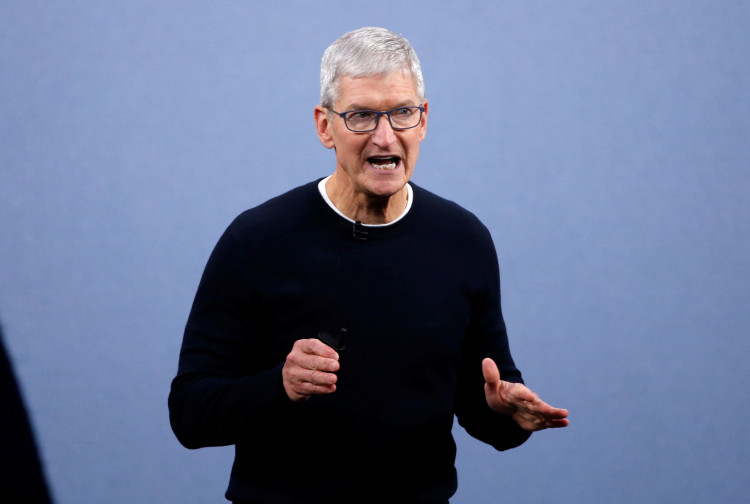President Donald Trump said Friday that Apple Inc. (AAPL) plans to shift part of its manufacturing from Mexico to the United States, claiming that CEO Tim Cook made the commitment during a White House meeting earlier this week. Trump stated that Apple had "stopped two plants in Mexico" and would instead manufacture products in the U.S. to avoid potential tariffs.
"They don't want to be in the tariffs," Trump told a gathering of governors at the National Governors Association meeting, emphasizing that Apple is responding to his administration's economic policies. The president also noted that the company has pledged "hundreds of millions of dollars" in U.S. investments.
Apple has not yet confirmed the details of Trump's remarks, and a company representative did not immediately respond to a request for comment. Foxconn Technology Group, one of Apple's largest manufacturing partners, already has an extensive presence in Mexico and had previously announced plans to expand operations there. It remains unclear whether the plants Trump referenced were directly linked to Apple or its supply chain partners.
The announcement follows a period of heightened tension between the U.S. and China, which remains Apple's primary manufacturing hub. The Trump administration has signaled plans for sweeping new tariffs, including a 10% levy on Chinese-made goods, a move that could significantly impact Apple's supply chain. China, in response, has reportedly been considering regulatory actions against Apple, including a probe into the company's App Store policies and developer fees.
During Trump's first term, Cook maintained a close relationship with the president, securing tariff exemptions for key Apple products, including the iPhone. However, Trump has indicated that such carve-outs may not be granted this time. Trump said He's looking to avoid exemptions.
Taiwan's government has also committed to helping companies like Foxconn relocate manufacturing outside of China in response to Trump's 25% tariffs on imports from Canada and Mexico. Although implementation of those tariffs has been paused, Trump has stated they could still take effect if progress on immigration and anti-narcotic measures does not meet his administration's expectations.
Following his reelection, Cook publicly expressed Apple's willingness to engage with the administration on innovation and economic policy. Apple looked "forward to engaging with you and your administration to help make sure the United States continues to lead with and be fueled by ingenuity, innovation, and creativity," Cook posted on social media shortly after Trump's victory.
However, Trump and Apple have clashed on privacy and security issues. The president has previously criticized the company for refusing to provide law enforcement with backdoor access to encrypted iPhones. Apple has maintained that such access would compromise user security and make devices vulnerable to hacking.






